The Four Components of the Experiential Learning Model—Concrete Experience, Reflective Observation, Abstract Conceptualization, and Active Experimentation—offer a powerful framework for enhancing education.
Each element serves as a vital link between theoretical understanding and practical application. Implementing this model effectively can lead to profound changes in how we learn, influencing not just individual experiences but also broader educational systems.
Analyzing each component reveals insights that can deepen our understanding of our learning paths and improve educational outcomes.
Overview of Experiential Learning
Experiential learning emphasizes the importance of learning through experience and reflection. This approach caters to diverse learning styles, allowing individuals to connect with the material in meaningful ways. The focus isn’t merely on acquiring knowledge; it involves active engagement from students.
Incorporating real-world applications helps bridge the gap between theory and practice, enhancing critical thinking and fostering a deeper understanding of concepts. Collaborative learning environments play a crucial role in this process, as they encourage the sharing of insights and the challenging of different perspectives.
These interactions are essential for skill development, providing opportunities to practice and hone what’s been learned. Experiential activities significantly improve knowledge retention. When individuals apply their knowledge in practical settings, the information becomes ingrained more effectively than through traditional memorization techniques.
This method not only enriches personal learning experiences but also empowers individuals to serve their communities more effectively. By nurturing a culture of experiential learning, we can cultivate an environment where everyone thrives, ultimately leading to positive outcomes for our communities.
Concrete Experience
Concrete experience is essential for gaining a deeper understanding of the world around us. Engaging in hands-on learning often reveals insights that traditional textbooks can’t provide. When I actively participate in a task or situation, I’m not merely absorbing information; I’m fully engaged in the experience. This tactile involvement enhances the learning process, making it more significant and memorable.
For instance, during my time volunteering at a community garden, I moved beyond reading about sustainable practices; I physically worked the soil, planted seeds, and observed the growth process. This direct interaction transformed theoretical concepts into practical applications, broadening my perspective. Witnessing the immediate results of our efforts strengthened my commitment to environmental stewardship and serving my community.
Experiences like this highlight that learning encompasses not just intellectual understanding, but also physical and emotional connections. Prioritizing hands-on experiences allows me to grasp the complexities of life more fully.
Each engagement fuels my desire to positively impact my community, demonstrating that meaningful lessons often arise from direct interaction with our environment and the people within it.
Reflective Observation
Reflective observation is an essential practice for enhancing understanding and integrating new knowledge. Engaging in this process allows individuals to gain valuable insights that can significantly improve their learning strategies. Taking the time to pause and critically analyze one’s actions and decisions sharpens critical thinking skills and promotes personal growth.
During self-assessment, I carefully review my successes and setbacks. This candid reflection helps me pinpoint areas needing improvement and develop effective feedback mechanisms.
Collaboration with others during this phase adds depth to my perspective. Discussing our experiences not only enhances our emotional intelligence but also fosters a supportive environment conducive to problem-solving.
Reflective observation also aids in recognizing behavioral patterns and responses. This awareness empowers me to face challenges with an open mind, resulting in more informed decision-making.
I view this practice as vital in my journey to support others. Reflecting on my experiences not only contributes to my personal growth but also enhances my ability to positively impact my community.
Abstract Conceptualization
Abstract conceptualization is essential for turning experiences into valuable knowledge. This process enables individuals to connect theories and concepts, which fosters cognitive growth. When reflecting on experiences, I focus on recognizing patterns and relationships that enhance my understanding of different learning styles. Synthesizing this information allows me to navigate complex situations and develop effective problem-solving strategies.
In the field of educational psychology, abstract conceptualization significantly contributes to knowledge acquisition. Engaging with new ideas enhances my ability to relate them to my existing knowledge base. This fusion of theory not only deepens my learning but also prepares me to assist others more effectively.
For example, when collaborating with diverse groups, recognizing various learning styles enables me to customize my approach, ensuring that everyone gains from shared insights.
Ultimately, abstract conceptualization establishes a strong foundation for continued learning. It equips me to think critically and adjust to new challenges while nurturing a commitment to supporting others in their educational journeys. By refining this skill, I can make a meaningful contribution to a more informed and compassionate community.
Active Experimentation
Active experimentation involves putting theories into practice and testing ideas in real-world situations to determine their effectiveness. This phase emphasizes hands-on involvement, where I take calculated risks to assess how well my concepts work. Engaging in practical applications not only sharpens my skills but also allows me to make meaningful contributions to those I serve.
Here’s how I approach active experimentation:
| Experiment Type | Outcome |
|---|---|
| Volunteer Project | Improved community outreach |
| Workshop Facilitation | Enhanced participant skills |
| Feedback Session | Valuable insights for improvement |
| Mentorship Program | Strengthened relationships |
| Team Collaboration | Innovative solutions developed |
Through these experiments, I gain insights into what resonates with others and what does not. Each experience brings me closer to understanding how my efforts can create a positive impact. Embracing active experimentation in your journey can lead to personal growth and stronger community engagement. Committing to learn through action ensures that our efforts align with our goals and intentions.
Importance of the Model
The experiential learning model plays a crucial role in education and personal development. This approach provides significant learning advantages, particularly in service-oriented contexts. Engaging in real-world applications not only enhances skill acquisition but also promotes individual growth. Practical experiences significantly improve knowledge retention, allowing for the effective application of learned concepts in impactful ways.
A fundamental component of this model is its emphasis on critical thinking. Actively interacting with our surroundings encourages us to analyze situations, exercise creativity, and tackle problems. This engagement often leads to increased motivation, as individuals witness the tangible effects of their contributions on those they seek to assist.
Implementing effective engagement strategies ensures that all participants are committed to the learning experience. Creating an atmosphere where individuals feel appreciated and empowered fosters collaboration and innovation.
Ultimately, the experiential learning model transcends traditional teaching methods; it offers a route to deeper understanding and connection with our environment. Adopting this model can revolutionize how we learn and serve, enhancing the significance of our contributions.
Applications in Education
Experiential learning plays a crucial role in education, significantly enhancing student engagement and understanding. Integrating real-world applications into the classroom helps students connect theoretical concepts with practical experiences.
Project-based learning creates an environment where learners collaborate to tackle authentic challenges, which not only deepens their comprehension of the subject matter but also cultivates vital skills for their future careers.
When students participate in hands-on projects, they naturally develop critical thinking abilities. They analyze situations, brainstorm solutions, and evaluate results while working alongside their peers. This interactive setting fosters a sense of ownership over their learning journey and empowers them to contribute positively to society.
Experiential learning also enables educators to customize lessons to accommodate diverse learning needs, promoting an inclusive environment where every student feels valued and supported.
Conclusion
Experiential learning is a powerful approach that emphasizes learning through direct experience. It involves a continuous cycle of action, reflection, and adjustment, which enhances our understanding and prepares us for future challenges.
Reflecting on my own journey, I remember the time I learned to ride a bike. I encountered several falls, but each scrape provided a lesson. This process mirrors the experiential learning model; we find our balance through practice, consider what went wrong, and refine our methods. Engaging with this cycle not only enriches our knowledge but also prepares us for life’s unpredictable paths. The key is to remain committed to advancing our skills and understanding as we navigate through various experiences.

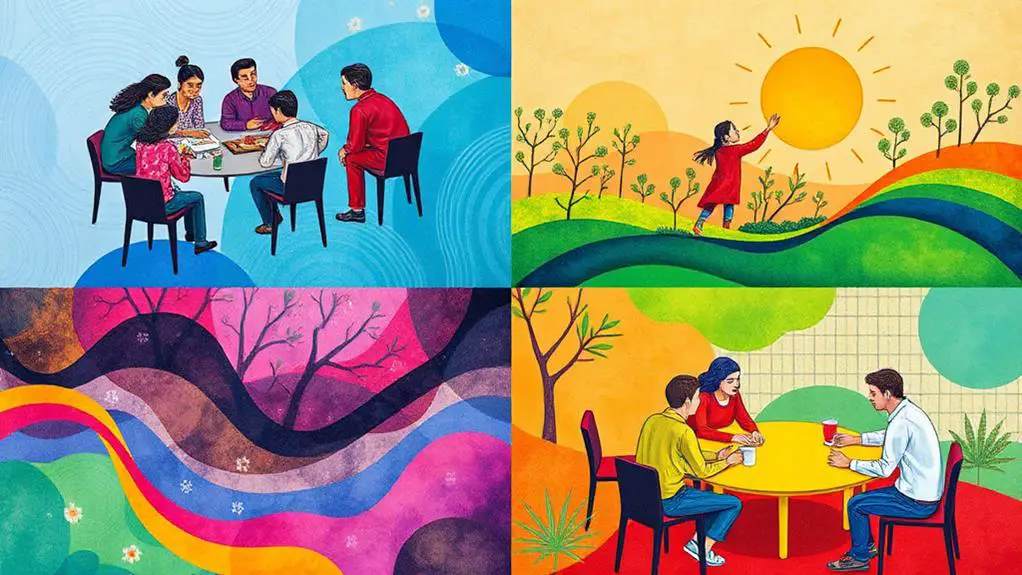
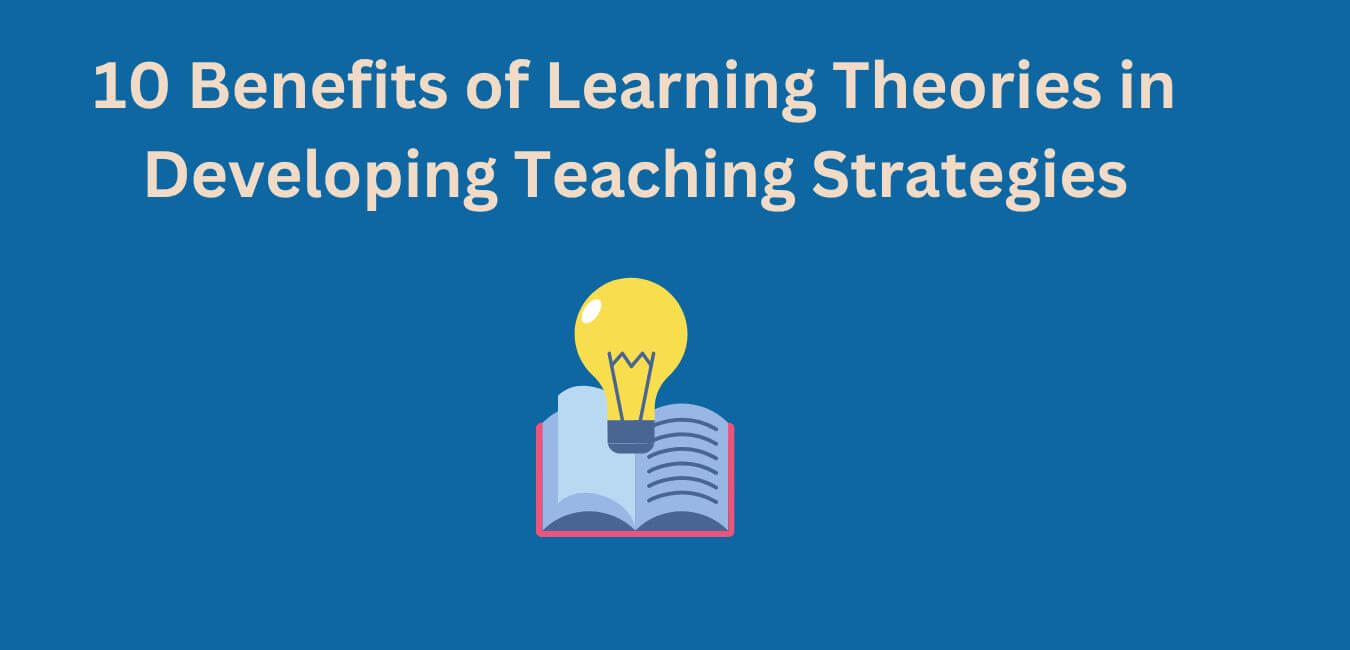
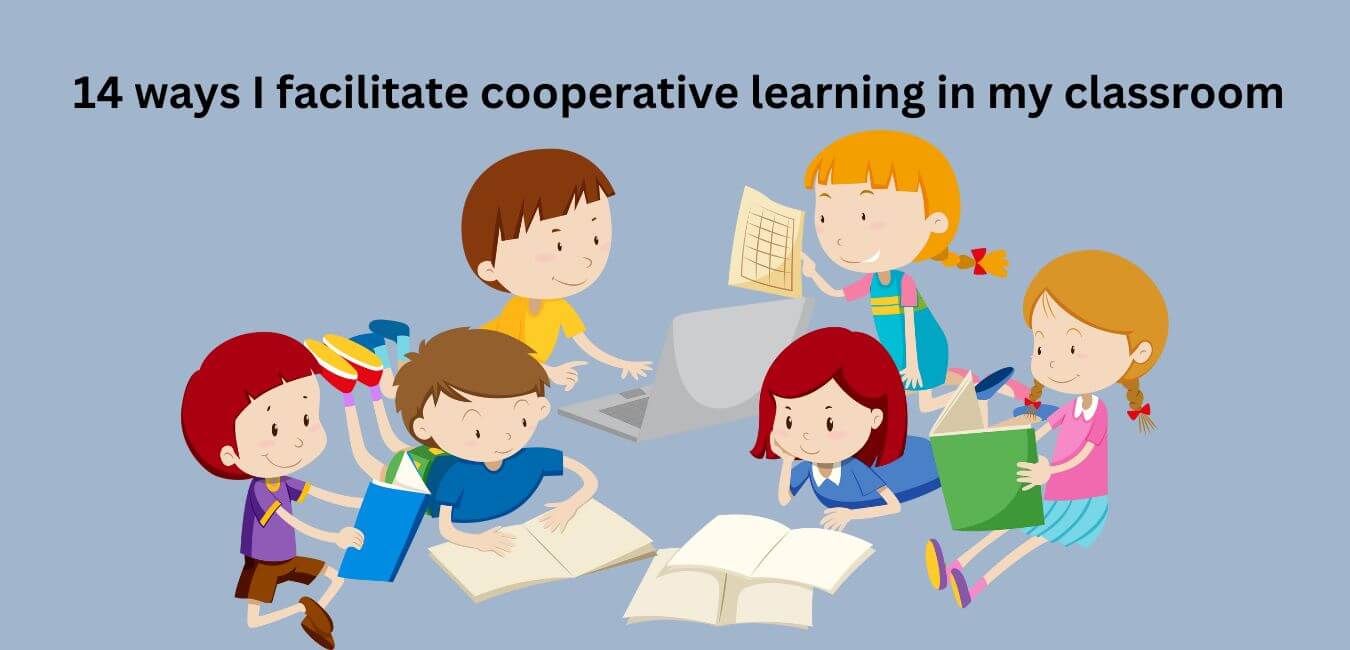
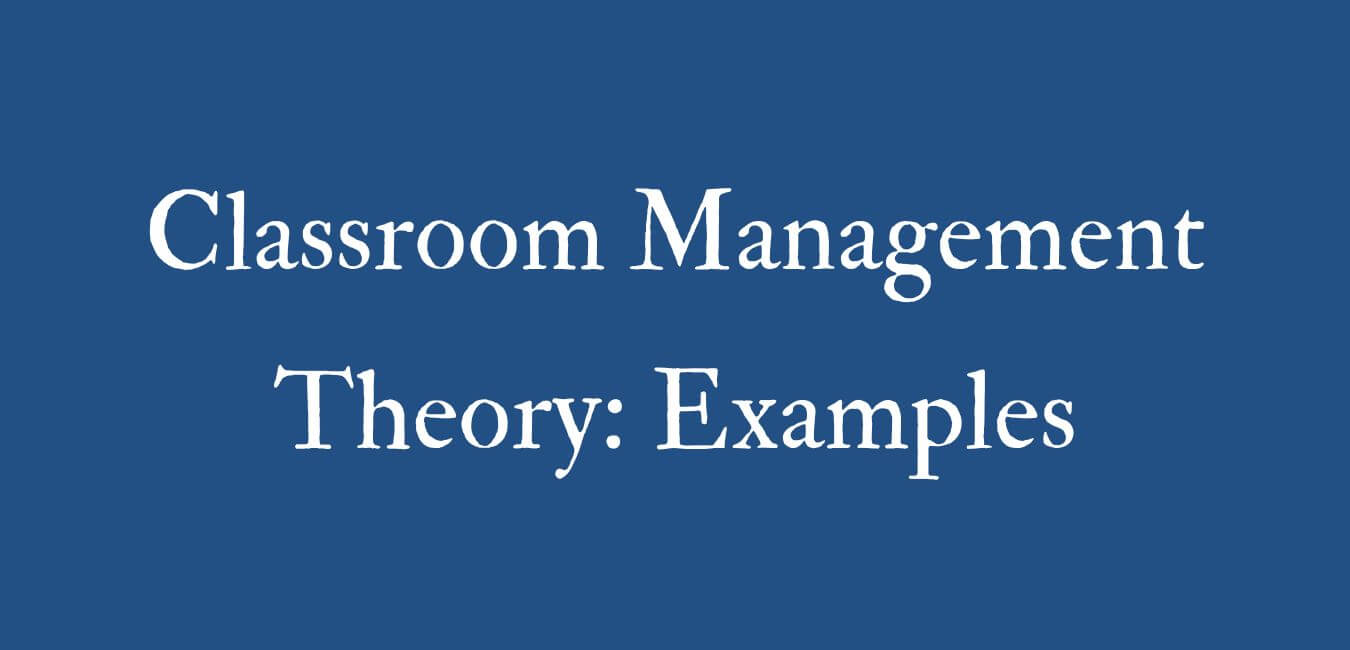
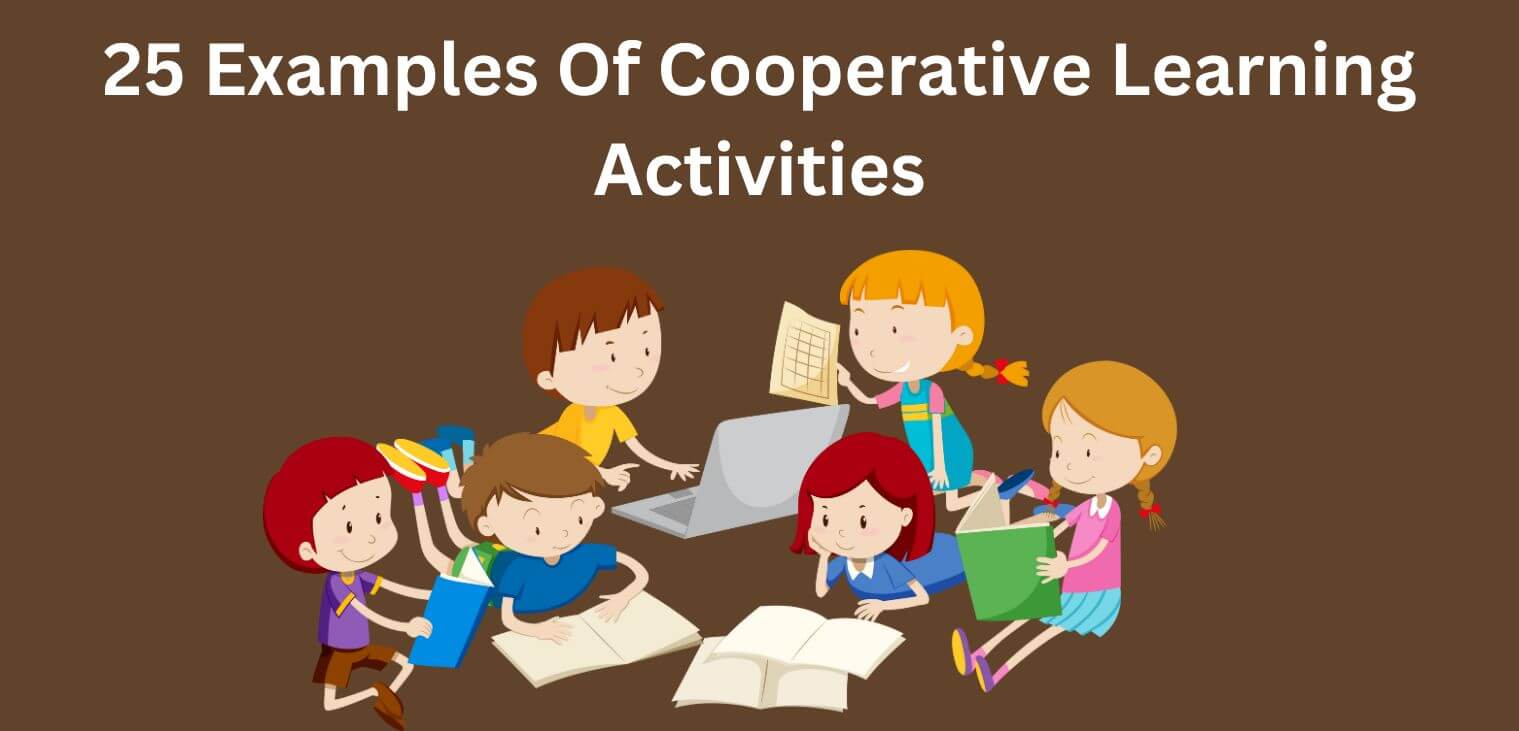
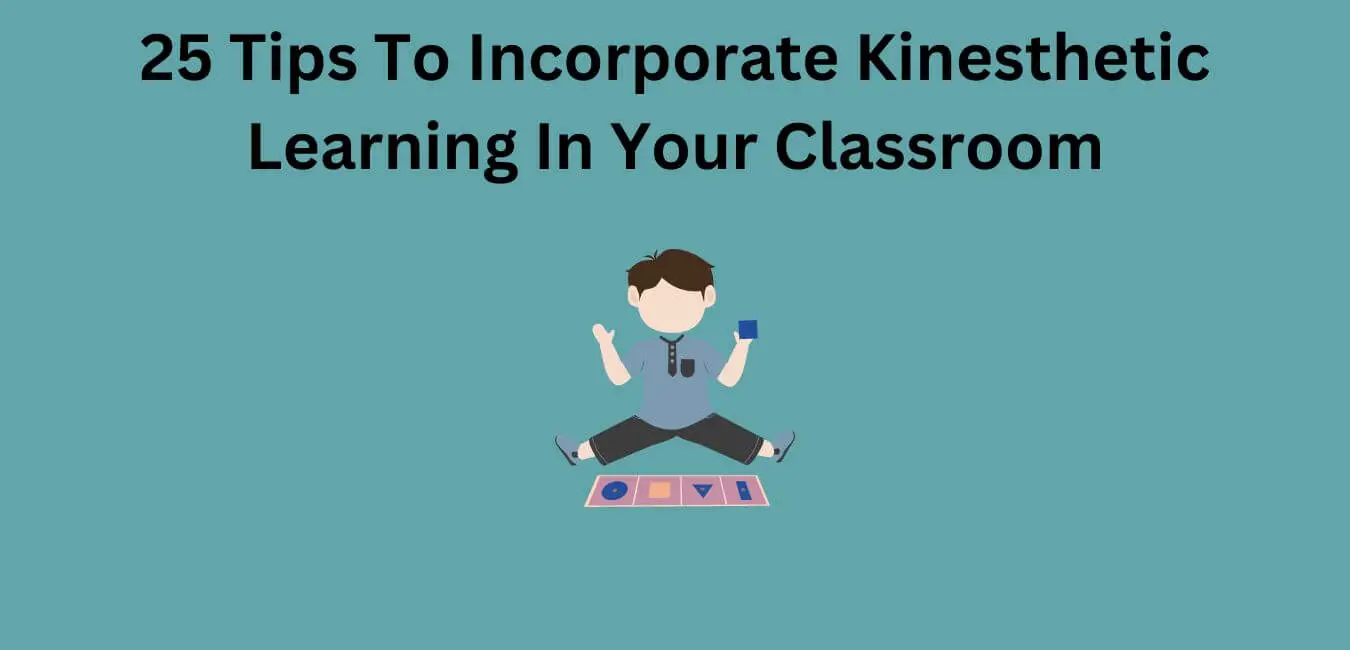
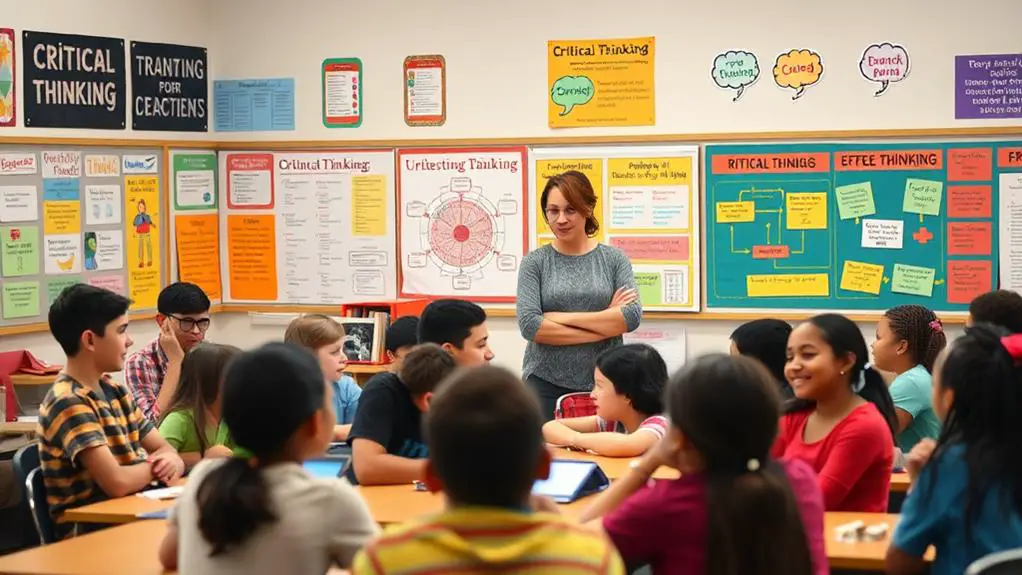



Leave a Reply